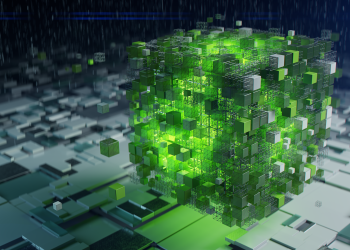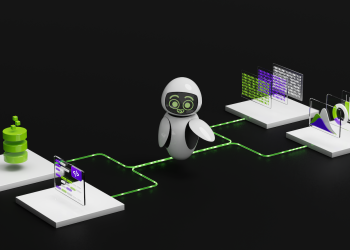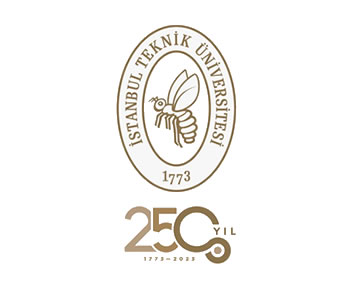reports that you’ll lose several critical functions, including estimated hard drive health reports, volume-wide deduplication, lifespan analyses, and automatic firmware updates. The company also restricts storage pools and provides limited or zero support for third-party drives.
For reference, precious few companies make hard drives, and Synology is not one of them. As such, a self-branded hard drive is merely a drive from a major vendor, like Seagate, Toshiba, or Western Digital, that gets a new sticker slapped on it alongside a potential custom firmware that serves as a sort of DRM, unlocking the correct functionality from the host device (in this case, a NAS).
The 2024 Synology models and older are not affected by this change. Still, those upgrading to or purchasing the latest Plus Series device, set to be released this year, will have to buy their drives directly from Synology or its certified suppliers to maximize their system. Because of this, you won’t be able to pick from the best hard drives if you get Synology’s latest Plus Series NAS Systems.
The company first applied this limitation to its enterprise solutions, where reliability is of utmost priority. This practice is fairly common in enterprise settings, as huge corporations are willing to invest in expensive storage solutions that minimize downtime and ensure the security of their data. However, smaller companies would probably think twice before dropping massive amounts of cash on self-branded hard drives that have no added functionality over third-party drives, especially if they can get them for cheaper from other reputable manufacturers.
The company told ComputerBase [machine translated] that it made using Synology-branded and Synology-certified drives compulsory because of the success it saw with its high-performance NAS systems, and that users of the upcoming Plus Series models would “benefit from higher performance, increased reliability, and more efficient support.” Furthermore, Seagate, one of the bigger manufacturers in the storage industry, has recently been rocked by a fraudulent HDD scandal that affected its NAS drives. So, it’s likely that Synology wants to ensure that its customers do not get affected by uncertainties such as this.
Nevertheless, there is still a way you can circumvent this hard drive requirement. If you’re using an “unsupported” hard drive with an already existing Synology NAS system and migrate it to a new Plus model, you can continue using it without any restrictions. So, you can first set up a non-Synology hard drive in an older Synology NAS system (or ask someone with one to do it for you), and then you can “migrate” the empty drive to your new one, thus saving you some money. However, that obviously isn’t an option for the overwhelming majority of the company’s customers.
Get Tom’s Hardware’s news, analysis, and in-depth reviews delivered straight to your feed. Visit this page at Google News, and click the Follow button in the upper right.









